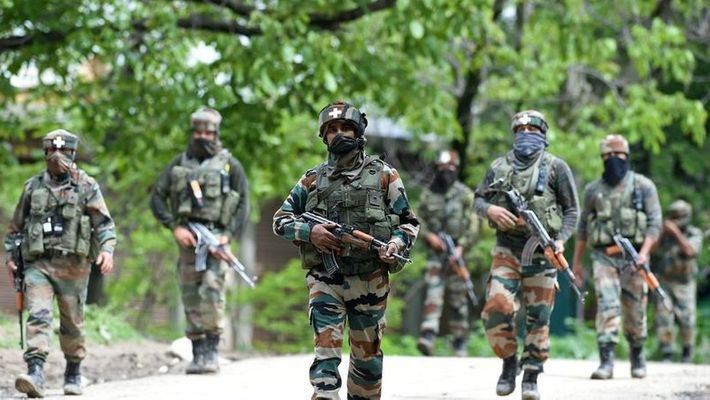Free Courses Sale ends Soon, Get It Now


Free Courses Sale ends Soon, Get It Now



Copyright infringement is not intended
Context - The Union Home Minister stated that the areas under the AFSPA regime have been reduced.
Details
Armed Forces Special Powers Act (AFSPA)
Special Powers under AFSPA: According to the Armed Forces Special Powers Act (AFSPA), in an area that is announced as "disturbed", an officer of the armed forces has powers to:
Present Status
Arguments in the support of AFSPA
Arguments against AFSPA
Way Forward
https://www.thehindu.com/todays-paper/areas-under-afspa-regime-reduced-shah/article65279746.ece
© 2024 iasgyan. All right reserved